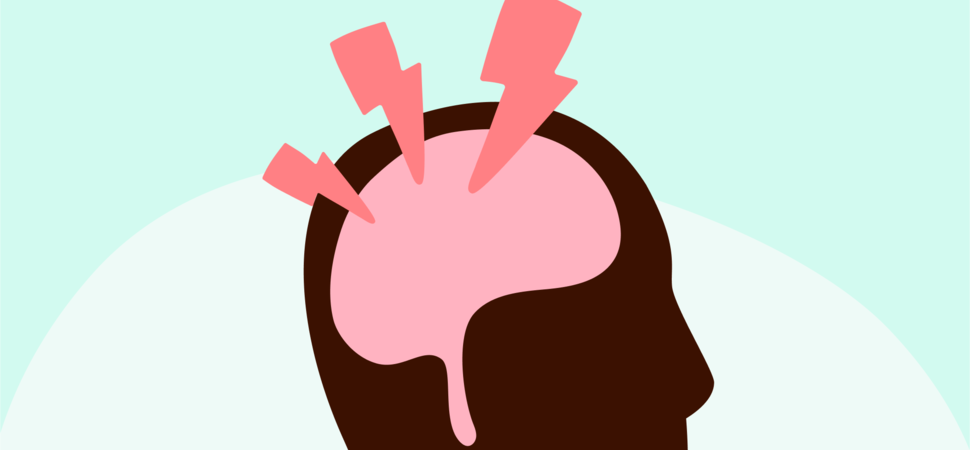
Can migraine impact mental health
A close connection exists between migraine and mental health. A survey of over 6,000 persons found that those who get migraines are more than twice as likely to report mental illness as those who do not. It's critical to comprehend the possible impacts of migraine on mental health and vice versa. Managing both sometimes entails managing the one. People who suffer from migraines are more likely to develop anxiety and sadness than people who do not. The American Migraine Foundation's specialists claim that persons who suffer from migraines are five times more likely to experience depression than those who do not.
Anxiety may be much more common among migraine sufferers. According to a 2017 study, those with migraine were 25 times more likely to experience everyday nervousness or anxiety than people without migraine.
As migraine attacks become more frequent, these symptoms intensify. A recent research in the Journal of Neurology, Neurosurgery, and Psychiatry found that persons who experience chronic migraine (headaches 15 or more days a month) are twice as likely to experience sadness and anxiety than those who experience fewer attacks.
A few clinical theories for the connection between migraines and mental health have been put up by scientists. There isn't enough data to say with certainty if migraines directly influence your mental health or whether they are just produced by comparable processes because migraines and mental diseases are frequently bidirectional. Our trusty serotonin, which may stimulate nerve terminals and initiate a migraine, is one potential mechanism. With actuality, taking antidepressants such as selective norepinephrine reuptake inhibitors (SNRIs) and selective serotonin reuptake inhibitors (SSRIs) can aid in migraine prevention.
Oestrogen and other female sex hormones have also been connected to sadness and migraines. After all, women are substantially more likely than males to get migraines, with women experiencing them two to three times more frequently. According to studies, menopause and pregnancy, which both boost oestrogen, protect against migraines. According to study, migraines are triggered by a decline in oestrogen concentrations.
Oestrogen's effects on mood are complex, but there is a lot of proof that low levels can cause depression.
Migraines can significantly lower your quality of life and make it difficult for you to go about your regular daily activities. Some folks discover they must spend days at a time in bed. But there are a number of efficient therapies available to lessen the symptoms and stop additional outbreaks. Although migraine episodes can become worse with time, for the majority of people, they typically get better over several years.
There is still a great deal to discover about migraines and considerable study to be done. The comorbidity with mental health issues are challenging to understand since migraine is still not fully known, but research in the area is progressing. However, two concerns are constantly raised by academics looking at the links between migraine and mental health issues.
Patients with migraines should undergo a mental health screening and receive treatment as appropriate.
Treatments that can address both migraine and a mental health issue should be taken into consideration for people who have both.
Although they are unrelated, migraines and mental health issues can effect one another, and both can benefit from certain therapies. For better health and a higher quality of life, migraineurs should be checked for depression and other mental health issues.

